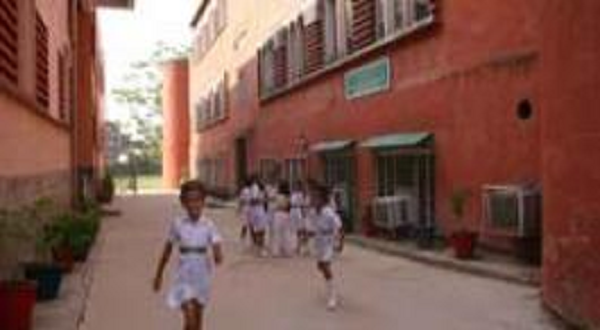

Reopening of schools is a challenging task for the school administration and they should take special initiatives for the smooth return of children
Shikha Chhibbar | Clarion India
COVID-19 pandemic has disrupted the life of people across the world. One of the major impacts of the covid-induced lockdown has been on the education of children as schools have remained closed for more than a year in India. In such a scenario reopening of schools is a challenging task for the school administration and they should take special initiatives for the smooth return of children.
Firstly, classroom studies are important, but the health and safety of children should be the top priority. Ensuring pandemic appropriate behaviour of children inside the school premises requires constant supervision in the classroom and special precautions during lunch time, assembly or games period. Special measures like daily temperature checks of all students and staff shall be done in the morning and if someone has any symptoms of COVID-19, he/she should be taken to the nearest doctor for a proper medical check-up.
Secondly, the mental health of children has been affected adversely due to staying indoors for long periods of time. Teachers have to be mindful of this and they should use playful techniques while teaching in the classroom to motivate children to get back to learning with a fresh mind. School management should hire mental health professionals for interacting with the students regularly so that they can cope with the impact of the pandemic on their childhood.
Thirdly, many schools had no facility for conducting online classes during lockdown which resulted in a gap in classroom studies for more than two years. With the reopening of schools, teachers should not rush with completing the syllabus and should avoid overburdening the children with excessive coursework. Learning is a gradual process and teachers have to ensure that children get sufficient time to revise the previous topics before starting with new topics.
Fourthly, teachers need to prioritise what is more important in the syllabus and should first teach only that significant portion of the course so that the students do not feel the pressure of studies and can catch up easily. Focus shall be on learning, and not on the marks of the students.
Fifthly, the school administration shall ensure that children do not take overcrowded transport to the school and shall limit the number of students in buses. Also, school buses or other vehicles shall be sanitised after each pick-and-drop.
Sixthly, unemployment caused due to the pandemic has resulted in a financial crisis in several households. State governments shall ensure that no student is removed from the school on account of the inability of parents to pay the tuition fees of the student.
Seventhly, extra classes shall be arranged for the weak students so that they are able to reconnect with their studies after a gap of more than a year.
Eighthly, government schools shall ensure that children are getting full nutrition diet in the mid-day meal program so that they have high immunity in the body.
Lastly, awareness programmes about vaccination shall be organised in schools to ensure that all parents and family members of students get fully vaccinated on time. Special vaccination drives can be conducted in schools for students of appropriate age.
The Health and education of children should not be allowed to get adversely affected due to the pandemic. Extraordinary circumstances require extraordinary measures. Therefore, state governments, school administration, and teachers should work hand-in-hand for ensuring safe environment at schools for the education of children amid pandemic.
(Shikha Chhibbar is a Human Rights Lawyer based in New Delhi. The views expressed in the article are her personal.)